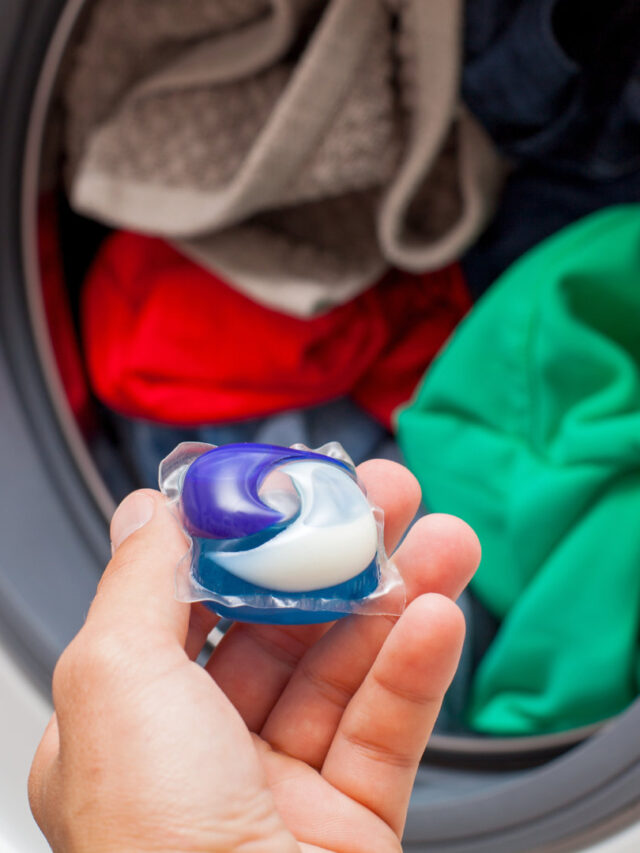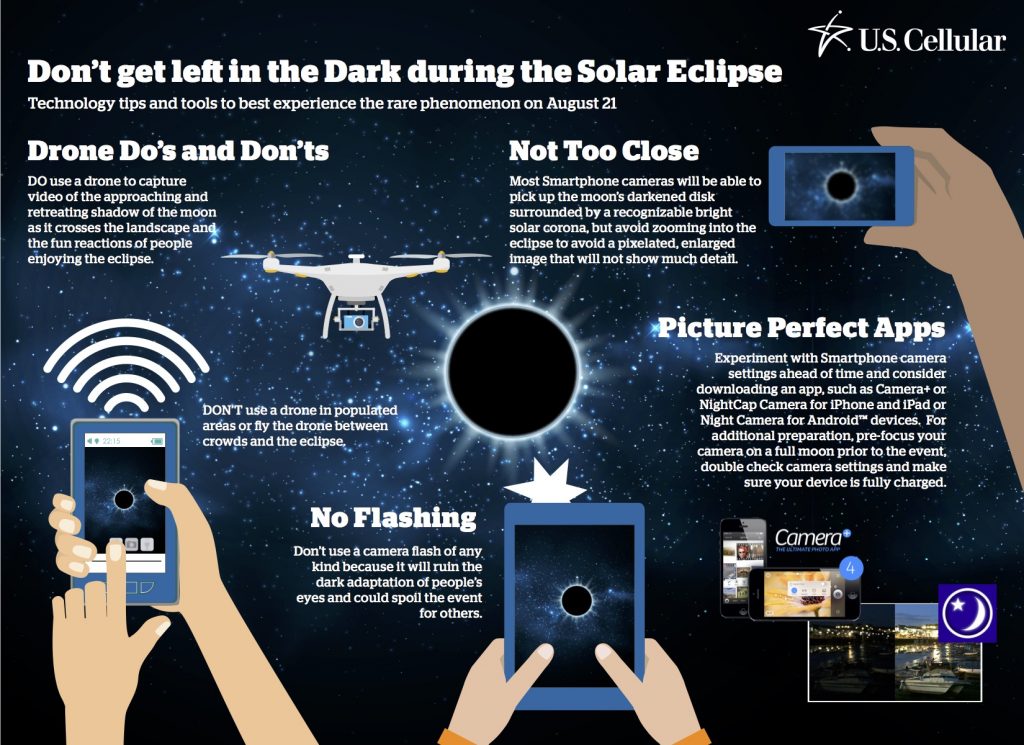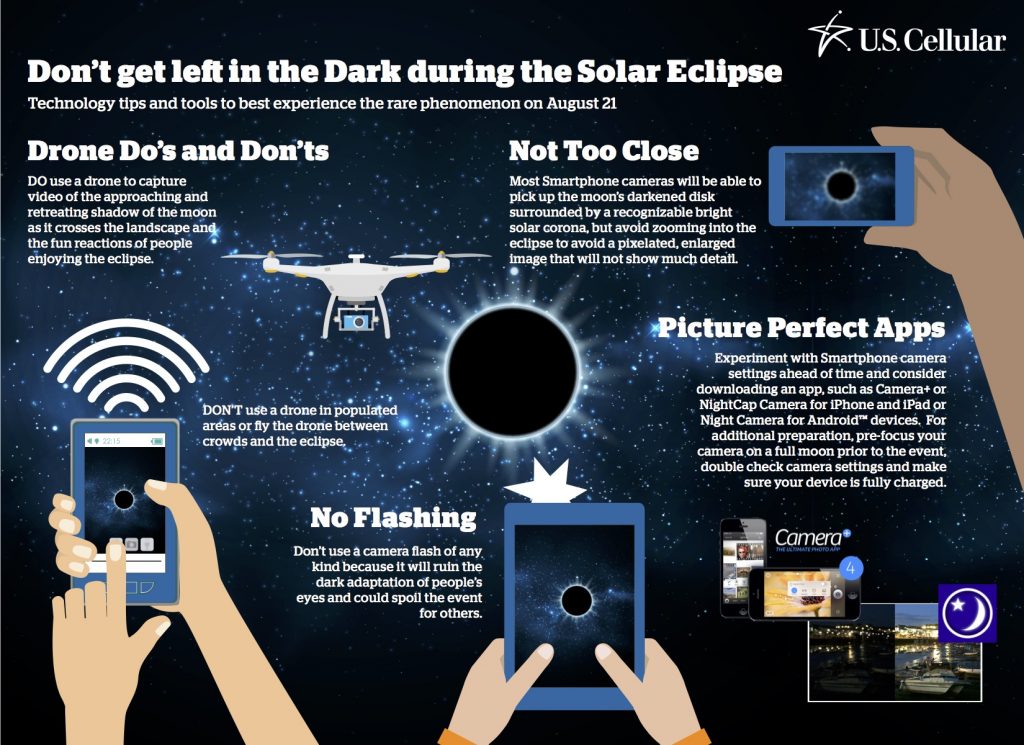Indulging in a sweet dessert after dinner is a common practice for many. It’s a delightful way to end a meal and satisfy our sweet tooth. However, this seemingly harmless habit can have various side effects on our health and well-being. While desserts can be a treat to our taste buds, they often come with a cost that goes beyond extra calories. In this listicle, we will explore ten side effects of consuming dessert after dinner, each explained in detail, to provide a comprehensive understanding of how this habit might be affecting us.
1. Weight Gain
One of the most obvious side effects of regularly consuming dessert after dinner is weight gain. Desserts are typically high in sugar and fat, contributing to a significant increase in calorie intake. When these excess calories are not burned off, they are stored as fat in the body. Over time, this can lead to noticeable weight gain, especially if the desserts are high in processed sugars and unhealthy fats. This weight gain is not just a cosmetic concern but also increases the risk of obesity-related health issues.
2. Blood Sugar Spikes
Desserts, especially those high in sugar, can cause rapid spikes in blood sugar levels. This is particularly concerning for individuals with diabetes or insulin resistance. These spikes can lead to short-term effects such as energy crashes and mood swings. Over time, consistently high blood sugar levels can strain the body’s ability to regulate glucose, potentially leading to serious health complications like type 2 diabetes.
3. Poor Sleep Quality
Eating sugary desserts late in the evening can interfere with your sleep quality. Sugar can provide a temporary energy boost, making it harder to fall asleep. Additionally, desserts can be heavy and rich, leading to discomfort and indigestion, further disrupting sleep. Poor sleep not only affects your mood and productivity the next day but also has long-term health implications.
4. Increased Cravings

Consuming desserts regularly can lead to increased cravings for sweet and unhealthy foods. The high sugar content in desserts triggers the release of dopamine, a neurotransmitter associated with pleasure and reward. This can create a cycle of craving and indulgence, making it harder to maintain a balanced diet and resist unhealthy foods.
5. Dental Problems
Frequent consumption of sugary desserts can lead to dental issues like cavities and tooth decay. Sugar is a primary food source for bacteria in the mouth, which produce acids that erode tooth enamel. Over time, this can lead to significant dental problems, requiring treatments like fillings or even root canals.
6. Impact on Heart Health
Desserts, particularly those high in saturated fats and sugars, can negatively impact heart health. They contribute to the buildup of plaque in the arteries, increasing the risk of heart disease and stroke. Additionally, high sugar intake is linked to increased blood pressure and triglyceride levels, both risk factors for heart disease.
7. Digestive Discomfort
Eating desserts, especially in large quantities, can lead to digestive discomfort. Rich, fatty desserts can be hard to digest, causing symptoms like bloating, gas, and stomach pain. For individuals with existing digestive issues, such as irritable bowel syndrome (IBS), these effects can be even more pronounced.
8. Nutritional Imbalance

When desserts take up a significant portion of your diet, they can lead to nutritional imbalances. Desserts often lack essential nutrients like fiber, vitamins, and minerals, and their consumption can displace healthier food choices. Over time, this can lead to deficiencies and negatively impact overall health.
9. Skin Issues
High sugar intake is often linked to skin issues like acne and premature aging. Sugar can trigger inflammation in the body and exacerbate skin conditions. It also contributes to the breakdown of collagen and elastin, proteins that keep the skin firm and youthful.
10. Mood Fluctuations
The highs and lows of blood sugar levels can also affect your mood. The initial sugar rush can lead to a temporary feeling of happiness or energy, followed by a crash that can leave you feeling irritable, tired, or anxious. Over time, these fluctuations can affect mental well-being.
Other Stories That You May Like
Conclusion
While enjoying a dessert after dinner is perfectly fine occasionally, being mindful of the frequency and portion size is crucial. Understanding these potential side effects can help in making more informed choices about our diet and health. Moderation is key, and balancing indulgence with a healthy, nutritious diet can lead to better overall health and well-being.
















